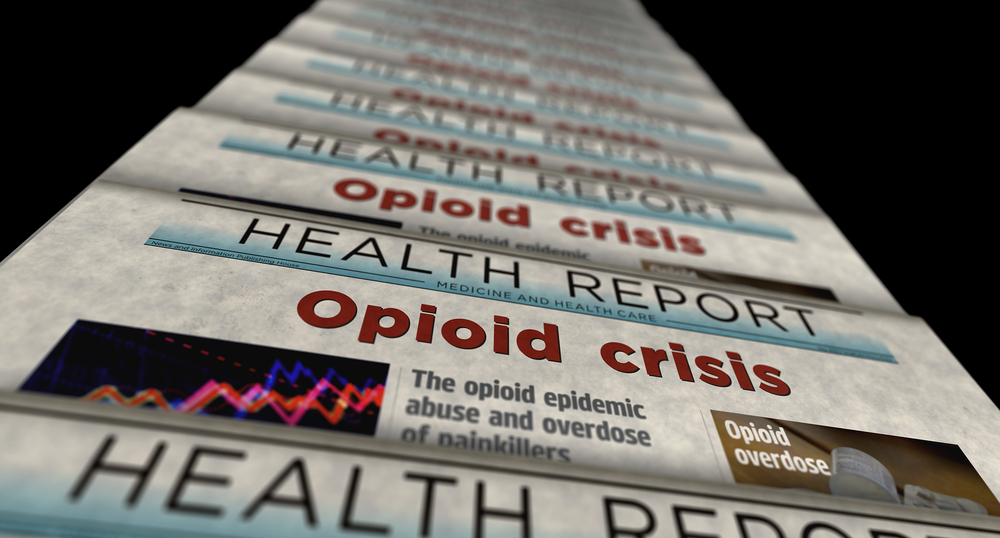The opioid epidemic has claimed hundreds of thousands of lives in the United States, fueled in large part by aggressive marketing tactics employed by the pharmaceutical industry. A recent study published in BMC Public Health sheds light on these tactics, revealing a deliberate strategy to increase opioid prescriptions by targeting healthcare providers and institutions that lack the resources to resist such pressure.
Led by Christie Lee of the University of California, the research highlights how pharmaceutical companies like Insys Therapeutics manipulated both professionals and patients to expand the market for their opioid products, with devastating consequences for public health.
The authors write:
“Our results suggest that Insys focused its opioid marketing on institutions perceived to have fewer resources and restrictions on prescribing, less-experienced providers, and high-volume prescribers, as well as encouraging cancer patients and advocacy groups to demand opioids for pain management. It targeted institutions with fewer resources anticipating that they had limited existing knowledge or experience in breakthrough cancer pain management, and making them more receptive to resorting to opioids.”
This study is part of a growing body of research that critiques the pervasive influence of the pharmaceutical industry on healthcare practices. It exposes how companies prioritize profit over patient safety by directing their marketing efforts toward institutions and providers ill-equipped to critically evaluate or resist such influence. By examining internal industry documents, the research offers a sobering look at how systemic vulnerabilities—such as underfunded healthcare settings and inexperienced clinicians—are exploited to perpetuate a public health crisis. The findings underscore the urgent need for reform in both medical education and regulation to curb the dangerous reach of the pharmaceutical industry.
















Perdue got me in 1989! Started OxyContin and ended up taking 160mg then up to 240 mg 3 times a day. Along with 30mg of roxycodone. Dr Mary Stegman opened her practice in Ft Myers FL. I’m finally off all but was too depressed to file a claim. Email me at [email protected] if I can help. Stop the madness!!!
Report comment